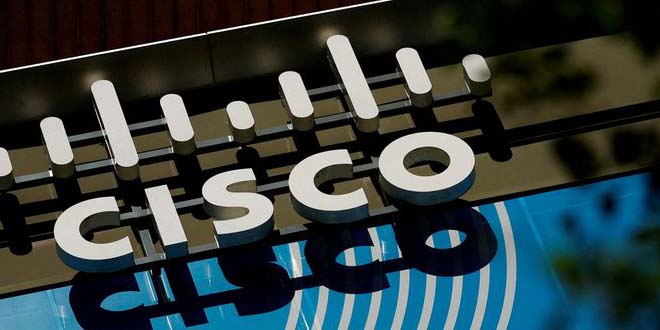US and Japanese law enforcement and cybersecurity agencies have issued a warning about Chinese hackers known as ‘BlackTech’. They are breaching network devices to install custom backdoors that allow them to access corporate networks.
ALSO READ:
The collaborative report is issued by the FBI, NSA, CISA, and the Japanese NISC (cybersecurity) and NPA (police). A hacking group sponsored by a nation-state is infiltrating network devices at foreign subsidiaries to gain access to corporate headquarters networks.
Custom malware on network devices
The FBI notice warns about BlackTech hackers who use custom malware to secretly access network devices, allowing them to steal data and control network traffic. The advisory warns that the custom malware is sometimes signed using stolen code-signing certificates, making it harder for security software to detect.
As explained by the joint cybersecurity advisory:
“Specifically, upon gaining an initial foothold into a target network and gaining administrator access to network edge devices, BlackTech cyber actors often modify the firmware to hide their activity across the edge devices to further maintain persistence in the network. To extend their foothold across an organization, BlackTech actors target branch routers—typically smaller appliances used at remote branch offices to connect to a corporate headquarters—and then abuse the trusted relationship of the branch routers within the corporate network being targeted. BlackTech actors then use the compromised public-facing branch routers as part of their infrastructure for proxying traffic, blending in with corporate network traffic, and pivoting to other victims on the same corporate network.”
Attackers can conceal any modifications to settings and command history using the altered firmware. Furthermore, they have the ability to deactivate logging on a compromised device in order to discreetly execute harmful activities.
Researchers have found that attackers can control a SSH backdoor on Cisco routers by sending specific TCP or UDP packets. This method allows them to avoid detection and only activate the backdoor when needed.
In addition, the threat actors have been detected manipulating the memory of Cisco devices in order to bypass the signature validation functions of the Cisco ROM Monitor. This clever technique grants them the ability to load altered firmware, which already contains hidden entrances that provide undetectable access to the device.
Hackers modify EEM policies in breached Cisco routers to hinder forensic analysis by blocking the execution of certain legitimate commands.
Defense recommendations:
- The advisory advises system administrators to monitor for unauthorized downloads of bootloader and firmware images and unusual device reboots that could be part of loading modified firmware on routers.
- SSH traffic observed on the router should also be treated with high suspicion.
The following mitigation practices are recommended:
- Use the “transport output none” command to prevent unwanted external connections.
- Oversee inbound/outbound traffic on devices, especially unauthorized access, and segregate administrative systems with VLANs.
- Only permit specific IP addresses for network administrators and track login attempts.
- Transition to devices with advanced secure boot and prioritize updating outdated equipment.
- Act promptly to change all passwords and keys when a breach is suspected.
- Scrutinize logs for anomalies like unexpected reboots or configuration changes.
- Utilize the Network Device Integrity (NDI) Methodology to detect unauthorized alterations.
- Compare boot records and firmware to trusted versions routinely.
- Cisco has also published a security advisory on the topic, highlighting that there’s no indication that BlackTech
- leverages a vulnerability in its products or a stolen certificate to sign its malware.
Cisco notes that the attack method that involves downgrading the firmware to bypass security measures only applies to older, legacy products.
 InfoSecBulletin Cybersecurity for mankind
InfoSecBulletin Cybersecurity for mankind














